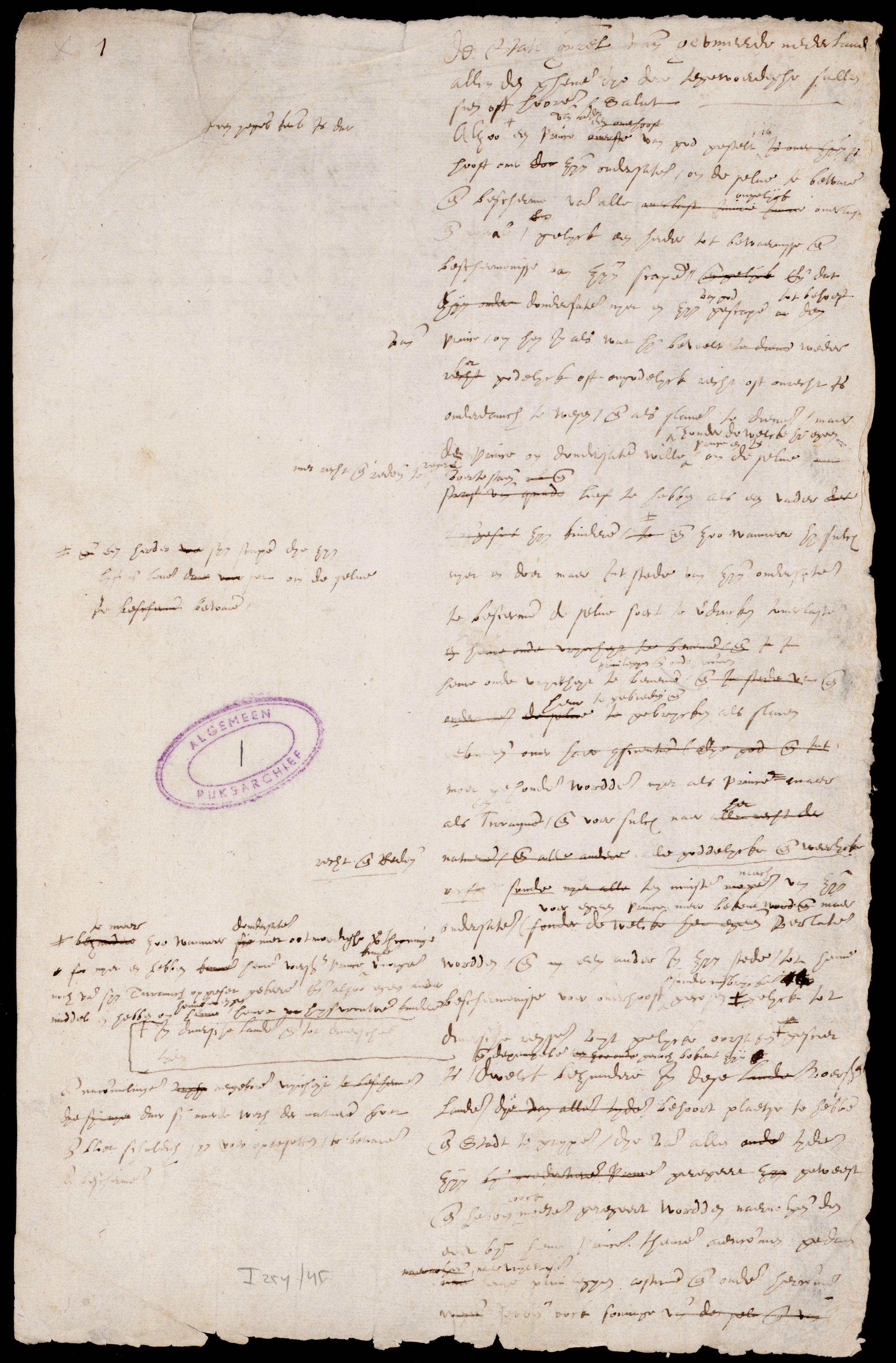|
Il Babuino
''Babuino'' ( Romanesco: ''Il Babbuino''; it, Il Babuino, ''The Baboon'') is one of the talking statues of Rome, Italy. The fountain is situated in front of the Canova Tadolini Museum, in via del Babuino. History The statue is an ancient depiction of a reclining Silenus: a character in Roman mythology, half man, half goat. In 1581, Patrizio Grandi, a rich merchant, built a public fountain in the former via Paolina, which he had decorated with this statue. According to the custom established by Pope Pius IV, he obtained free water for his house and fields in exchange for donating the fountain to the city. The people of Rome christened the figure "babuino" because they considered it ugly and deformed, like a baboon, and the street was nicknamed the "via del Babuino" as a result, the name eventually becoming the official one. After being moved to various other locations in Rome, the statue was returned to the street in 1957. Political comment and graffiti Pasquinades – irreverent ... [...More Info...] [...Related Items...] OR: [Wikipedia] [Google] [Baidu] |
Pasquinade
A pasquinade or pasquil is a form of satire, usually an anonymous brief lampoon in verse or prose, and can also be seen as a form of literary caricature. The genre became popular in early modern Europe, in the 16th century, though the term had been used at least as early as the 4th century, as seen in City of God by Augustine of Hippo. Pasquinades can take a number of literary forms, including song, epigram, and satire. Compared with other kinds of satire, the pasquinade tends to be less didactic and more aggressive, and is more often critical of specific persons or groups. The name "pasquinade" comes from ''Pasquino'', the nickname of a Hellenistic statue, the remains of a type now known as a ''Pasquino Group'', found in the River Tiber in Rome in 1501 – the first of a number of "talking statues of Rome" which have been used since the 16th century by locals to post anonymous political commentary. The verse pasquinade has a classical source in the satirical epigrams of anci ... [...More Info...] [...Related Items...] OR: [Wikipedia] [Google] [Baidu] |
1581 Establishments In Italy
1581 ( MDLXXXI) was a common year starting on Sunday (link will display the full calendar) in the Julian calendar, and a common year starting on Thursday (link will display full calendar) of the Proleptic Gregorian calendar. Events January–June * March 18 – The Parliament of England's ''Act against Reconciliation to Rome'' imposes heavy fines, for practising Roman Catholicism. * March 25 – Iberian Union: Philip II of Spain is crowned Philip I of Portugal. * April 4 – Following his circumnavigation of the world, Francis Drake is knighted by Elizabeth I of England. July–December * July 14 – English Jesuit Edmund Campion is arrested. * July 26 **The Northern Netherlands (Union of Utrecht) proclaim their independence from Spain in the Act of Abjuration, abjuring loyalty to Philip II of Spain as their sovereign, and appointing Francois, Duke of Anjou, as the new sovereign of the Netherlands; public practice of Roman Catholicism is forb ... [...More Info...] [...Related Items...] OR: [Wikipedia] [Google] [Baidu] |
1581 Sculptures
1581 ( MDLXXXI) was a common year starting on Sunday (link will display the full calendar) in the Julian calendar, and a common year starting on Thursday (link will display full calendar) of the Proleptic Gregorian calendar. Events January–June * March 18 – The Parliament of England's ''Act against Reconciliation to Rome'' imposes heavy fines, for practising Roman Catholicism. * March 25 – Iberian Union: Philip II of Spain is crowned Philip I of Portugal. * April 4 – Following his circumnavigation of the world, Francis Drake is knighted by Elizabeth I of England. July–December * July 14 – English Jesuit Edmund Campion is arrested. * July 26 **The Northern Netherlands (Union of Utrecht) proclaim their independence from Spain in the Act of Abjuration, abjuring loyalty to Philip II of Spain as their sovereign, and appointing Francois, Duke of Anjou, as the new sovereign of the Netherlands; public practice of Roman Catholicism is forb ... [...More Info...] [...Related Items...] OR: [Wikipedia] [Google] [Baidu] |


